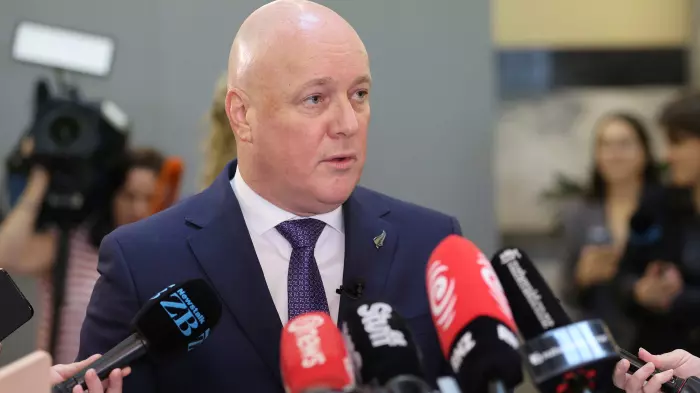Currently in New Zealand there is a huge demand for B2B salespeople and a worrying lack of supply. Conversations with high-growth technology companies, in particular, have unearthed a number of trends: internal recruitment teams are taking months to fill sales roles, competitors are continually poaching good people, there aren’t enough experienced sales people in the market to fill the existing vacancies, and many teams have struggled in isolated, remote working environments.
Throw into the mix the ease with which people can leave jobs in the covid remote-working environment – the physical and emotional costs of moving on are very low – and leaders have to be very conscious of how they motivate, coach and lead their teams to get the most out of them and reduce the risk of losing good people.
The cost of a disengaged team is substantial. According to Gallup, disengaged employees have 37% higher absenteeism, 18% lower productivity, and 15% lower profitability. When you translate that into dollars, you're looking at 34% of a disengaged worker's annual salary. Turnover is even more costly. According to Josh Bersin of Deloitte, the cost of losing a staff member can range from tens of thousands of dollars to between one and a half and two times the employee’s annual salary.
I recently interviewed on our Apprento podcast B2B sales guru Todd Caponi, a Chicago-based bestselling author and former chief revenue officer of billion-dollar tech companies, and we spoke about what sales leaders should be doing to get the most out of their teams and reduce the risk of disengagement. Here are some of the areas we touched on.
Give lots of recognition and praise good performance
People do their best work when they are recognised for the work they do. Make sure that your salespeople are not only financially rewarded for the work they are doing but also praised publicly. If one of your reps has an amazing quarter, make sure everyone knows it. This is particularly important in a remote-only environment where it can be very easy to forget to do this.
According to the Harvard Business Review last year, 40% of employees surveyed said they would put more effort into their work if they were given more recognition, and 63% of staff who are recognised are very unlikely to pursue a new job. Ensure you go out of your way to give recognition, and if you’re in a remote environment, use technology to do this. Group chats, internal company intranets, Facebook for business and so on all enable this. Worst case: you can always resort to group emails.
Create a sense of purpose in your team’s work beyond the revenue target
How does your team’s work impact on your company, its customers and its customer’s customers? What a salesperson (or any employee, for that matter) does goes far beyond their forecast or numbers. People who are connected to what they do and how it impacts on others are far more likely to stay in their role. Not only that, but people who are emotionally invested in their jobs are far more likely to go the extra mile.
A great way to build a sense of purpose is to connect your sales team to the outcomes of your product/service for their customers. Interview your customers and ask how your product/service affects their business, their staff and their customers. Collate these stories; not only are they great to use internally but they can also be adapted into useful sales collateral as well.
We encourage our clients to record short videos of their customers discussing how their product has positively affected their work life. (Some have seen personal life improvement as a result.) These are great to share, especially with new entrants, so they can feel a deeper sense of purpose.
Invest in your sales team’s capability development and career progression
Numerous studies have found that employees who are not given opportunities to continually update their skills are more inclined to leave. When you strategically invest in your staff, you attract and retain talented, high-potential team members. Continual skill development strengthens your culture and demonstrates to your employees that you are invested in their career and their long-term potential in your organisation. Not only that, but when you invest in developing your sales team’s selling ability, ramp times for new hires decrease, target attainment increases and sales cycles often decrease.
So much has changed in the past couple of years yet, in some ways, nothing has changed when it comes to great leadership. While covid and remote work have made it harder, great leaders will continue to acknowledge, develop and connect with their people at a deeper level. The best leaders may adjust their style, frequency or method given these times…and when the next major upheaval happens (Zombie Apocalypse, anyone?), they’ll be paying attention to the above points again.
Alex McNaughten is the founder of Sales Leaders and Apprento and hosts the Rev'Up Sales Podcast.














